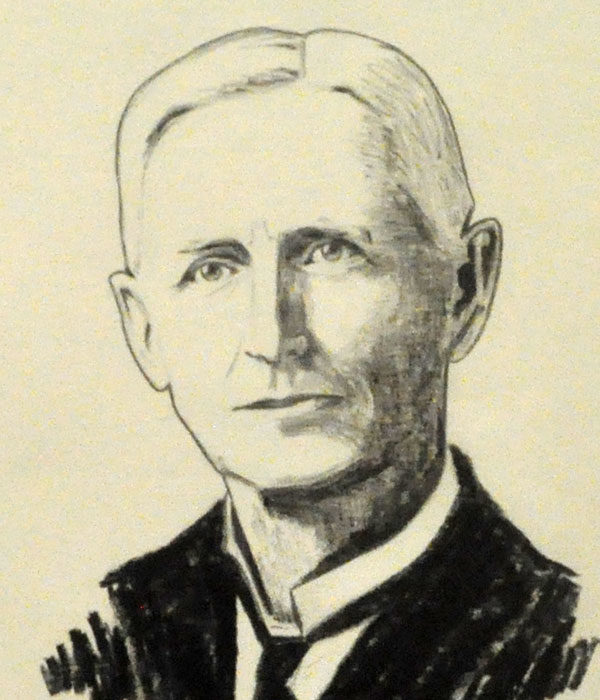18 Feb On This Day in UB History: February 18
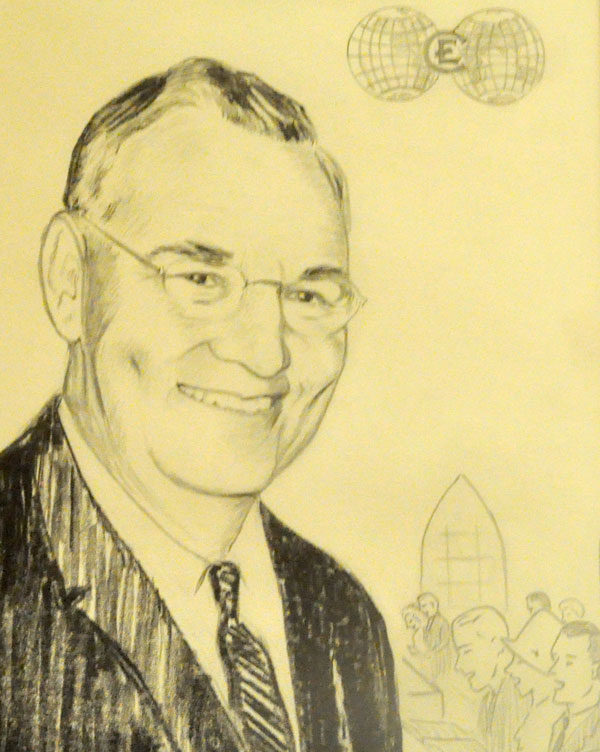
Around 5:00 in the morning on February 18, 1964, Bishop Clyde Meadows landed in Dakar, the capital of Senegal, a small country in West Africa. It was a Tuesday, and Thursday was the opening day of Sierra Leone Annual Conference. He was supposed to be there.
Meadows wanted to leave ASAP for Sierra Leone, but everyone he encountered at the airport spoke French, the official language of Senegal. He was tired–it was the last stop in a trip around the world–and was ready to just take the next plane to New York.
Then a teenage Senegalese young man, “as black as a black man could be” recalled Meadows, approached him and, in perfect American English, asked, “Could I be of help to you, sir?”
Meadows explained his situation. The young man did some checking, and told him a plane would leave for Sierra Leone in two hours. Sold!
Meadows reached Freetown, Sierra Leone, ahead of schedule. On Wednesday, missionary Russell Birdsall drove him up-country to Bumpe, where the bishop visited with missionaries June Brown and DeWitt and Evelyn Baker, and also took a swim in the river. Then it was on to Mattru, where the 49th Sierra Leone Annual Conference started at 9:00 am.
That year, 1964, Bishop Meadows became the first bishop to ever conduct Sierra Leone Annual Conference. He returned in 1968 to do it again.
Meadows described it as a very complicated conference to conduct. As of 1968, Sierra Leone Conference had 59 churches, making it the largest conference in the denomination (Michigan Conference was then second, with 50 churches). In addition to the churches, Meadows wrote, the conference supervised 33 day schools with 4200 pupils, two high schools, three boarding schools, and a 57-bed hospital.
“This,” Meadows wrote, “is more business to be responsible for than any other annual conference that I have ever held.”

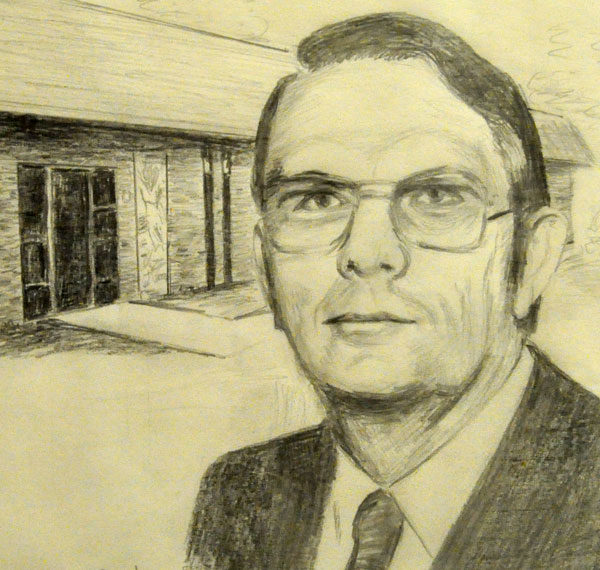
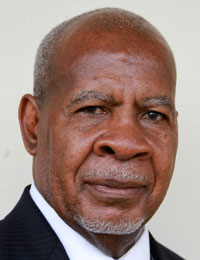 The 1975 Jamaica Annual Conference, which began on February 13, represented a significant transition. First of all, it was the first conference held at the new Malvern camp. But the main change involved leadership.
The 1975 Jamaica Annual Conference, which began on February 13, represented a significant transition. First of all, it was the first conference held at the new Malvern camp. But the main change involved leadership.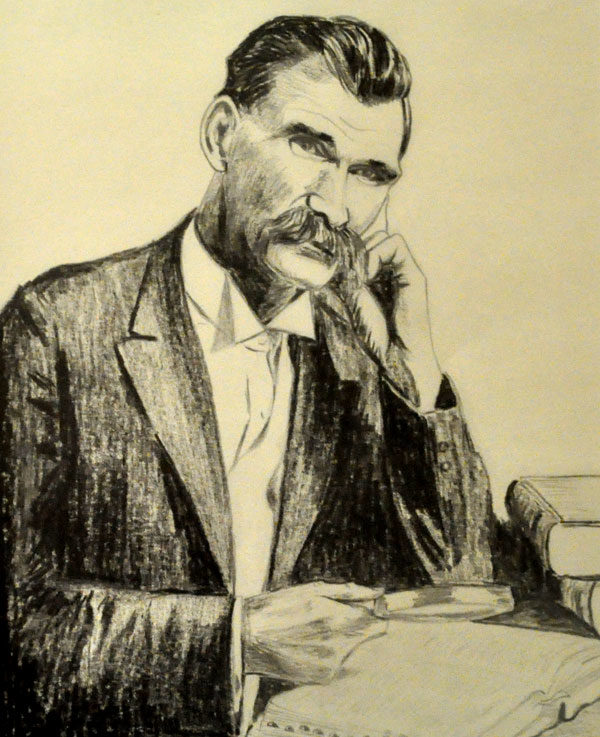

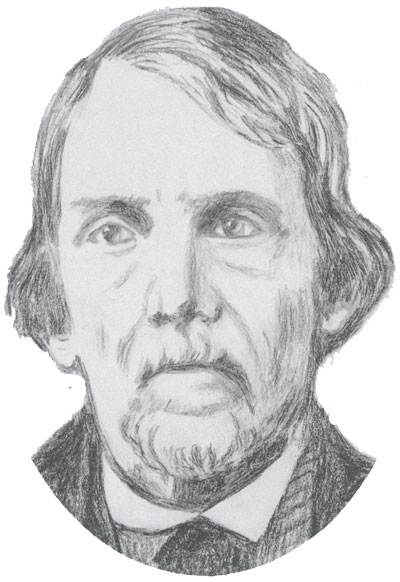 George Geeting was the third most important minister in the earliest days of the United Brethren church, right behind founders William Otterbein and Martin Boehm. Though he never became a bishop, he was highly respected and influential. He was also regarded as Otterbein’s closet personal friend and the person in whom he most freely confided.
George Geeting was the third most important minister in the earliest days of the United Brethren church, right behind founders William Otterbein and Martin Boehm. Though he never became a bishop, he was highly respected and influential. He was also regarded as Otterbein’s closet personal friend and the person in whom he most freely confided.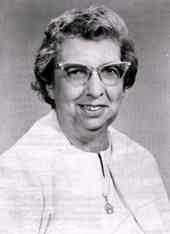 On February 5, 2001, a funeral service was held for Bernadine Hoffman at Crossroads UB church in Charlotte, Mich., where she settled in 1983 after retiring from missionary service. Bernadine had suffered a major stroke and, a few days later, passed away.
On February 5, 2001, a funeral service was held for Bernadine Hoffman at Crossroads UB church in Charlotte, Mich., where she settled in 1983 after retiring from missionary service. Bernadine had suffered a major stroke and, a few days later, passed away.